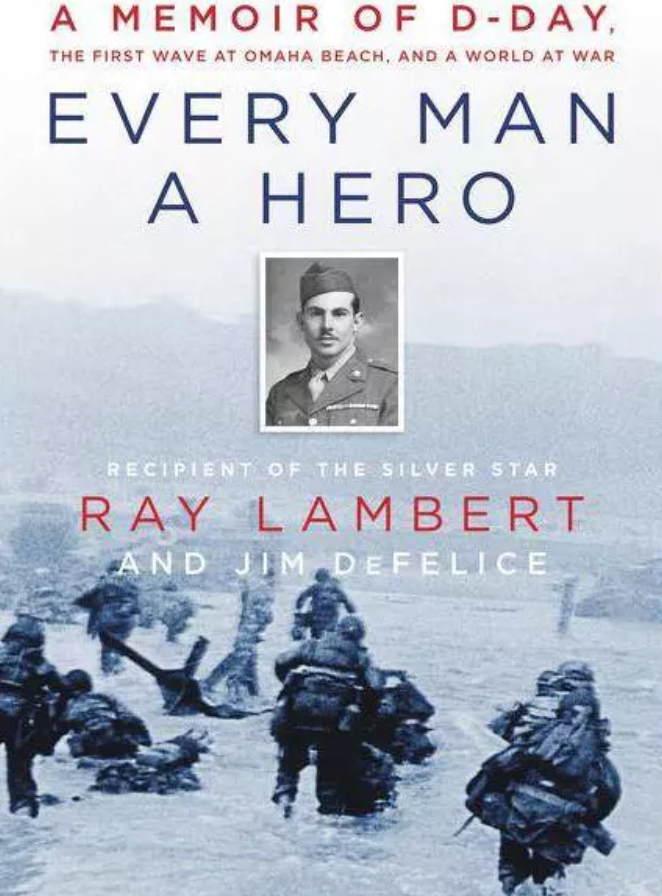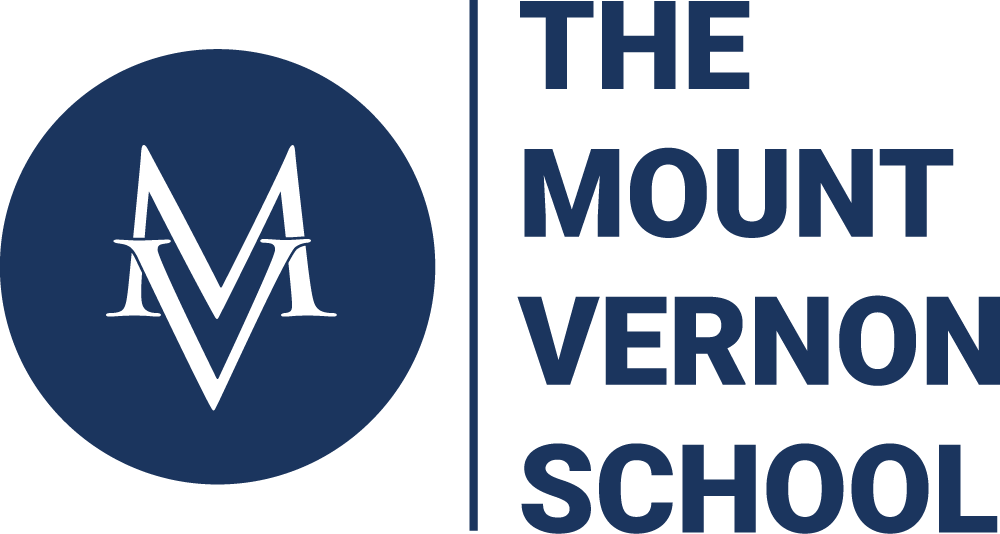Contributed by Lower School Science and Research and
Design Teacher Eileen Fennelly
Fifth Grade Research and Design is a new learning opportunity for our students. It is a capstone project to explore and research what the students are interested in after participating in many different iterations of the Design Thinking Process. The class organically highlights all of the Mount Vernon Mindsets, focusing on collaboration and communication in the beginning. The students are practicing their writing and video skills in order to reach out to the adults that they would like to interview. They are learning which communication strategies help them to get a response and how to say thank you when someone gives you their time.

Two students, Sandy Johnson and Will McInerney, have been studying D- Day and are now studying the 1st Infantry Division (the “Big Red One”). The boys both come from military families and Sandy has actually travelled to Normandy. As the boys did their research over the last eight weeks they had a couple of different conversations about the fact that there are not that many D-Day survivors left. They wondered how they could speak to someone who had survived the battle.
In their research they found an interview of Ray Lambert. Mr. Lambert is a survivor of all three landings of The Big Red One: North Africa, Sicily, and Normandy. He also published Every Man A Hero , his New York Times best seller that came out this summer in conjunction with the 75th Anniversary of D-Day. The interview they found was on CBS This Morning.

The boys wrote a script and filmed a request for the CBS producers. They asked to please have Mr. Lambert’s contact information so they might interview him. The kind producer at CBS Morning News put the boys in contact with Mr. Lambert’s publisher at Harper Collins. The boys drafted an email explaining their idea and then waited to hear what might happen.
She loved their manners and connected the boys with Mr. and Mrs. Lambert in North Carolina. Mr. Lambert allowed the boys to interview him this past Monday. He graciously answered all sixteen of their questions, including:
Why did you write Every Man’s a Hero?
How did you become a medic?
What did it feel like to save someone?
Did anyone save you?
What gave you your determination?
How long did D-Day feel?
Were you ready to go to war?
When did you sleep or eat?

His responses painted a picture of a man who felt compelled to share the stories of his men so that their families would know how brave and selfless they were. He spoke of growing up in rural Alabama where he was in charge of giving the local dogs their vaccinations. When he went to enlist in the Army his veterinary background sent him on his path to being a medic.
He was impressed with the boys’ thoughtful questions about determination and practical questions about sleeping and eating.
The troops were given three canned meals a day and only showered once a month. They also only had hot meals once a month when the kitchen trucks would come up to the front. Both Will and Sandy were shocked by his living conditions during the war. They were even more surprised to hear that it took some letters two weeks to a month to go back and forth from the United States. The boys also asked Mr. Lambert about serving with his brother. They were both concerned about how you were supposed to take care of your troops and your family.
They were grateful for Mr. Lambert’s time and thanked him for his service, and he told them he served so their lives would be better.
When the boys finished their interview they were quiet for a few moments. We reflected on Mr. Lambert’s graciousness, faith, and kindness. They also began to plan their next steps to also tell the story Mr. Lambert’s unit, the Big Red One, which he was so proud to be a part of in the war.
Mount Vernon students love school when they start with questions, build relationships, and combine foundational skills with creativity.


